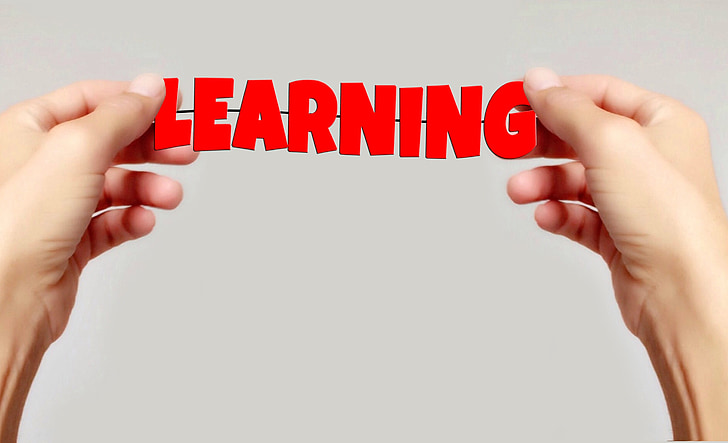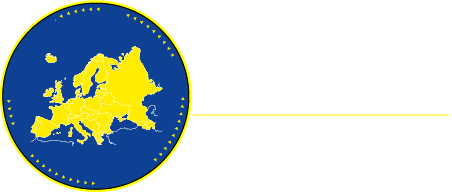

This course includes
- The benefits of educational marketing.
- Internal and external communication in educational marketing
- Educational Marketing Plan
- Practical approaches
- Think like a potential customer
- Reflection, Evaluation, and Certification
Audience
- Teachers,
- Trainers,
- Educators,
- School administrators, etc.
Marketing is the applied science most concerned with the efficiency and effectiveness of exchanges and is equally applicable for educational institutions, not only for companies.
Course Content
Daily Program
Locations & Dates
Pre-Register Form
Overview:
Marketing is the applied science most concerned with the efficiency and effectiveness of exchanges and is equally applicable for educational institutions, not only for companies.
Institutions that understand and apply marketing principles often achieve their goals more effectively. They must attract resources, motivate their employees and attract consumers of education.
Orientation towards social marketing means that the task of the institution is to determine the needs, desires and interests of the consumers of education and to adapt to offer programs that maintain or improve the well-being and satisfaction of the long-term interests of the consumers of education and society.
The need to identify and anticipate the educational needs of students leads teachers concerned with career success to create interactive educational resources, develop quality marketing in the educational market and use the new technologies of the 21st century.
Scope: to provide managerial skills in the field of school marketing and communication; to develop strategic thinking at the level of students to be able to analyze and define the changes taking place at the level of organizations; to help teachers to contribute to the improvement of the current state of the management of school units.
Learning Outcomes:
All participants will:
The objectives considered after participating in the course are:
O.1. Empowering teachers to use concepts from educational marketing;
O.2. Raising awareness of the importance of educational marketing for the school;
O.3. Using educational marketing in school to increase visibility and quality in education
O.6. Identifying and using motivational resources for teachers and students.
Competences targeted:
C. 1. Elaboration of an effective strategy for the development of educational institutions;
C. 2. Implementation and management of strategic changes at the level of the organization;
C.3. Identifying the elements of organizational culture/developing leadership, communication and teamwork skills.
C.4. Project management in education
C.5. The use of innovative strategies to facilitate the various educational interventions needed at the school level;
C.6. The appropriate selection/use of the methods and means necessary to motivate the teaching staff in the school unit to increase the quality of the educational process;
C7. Elaboration of extracurricular and non-formal offers at the school level, centered on the student and his needs;
Objectives:
Preparation:
Before class,
– Participants will complete a detailed questionnaire before the course to indicate their level of experience, teaching and training background.
– They will also prepare a presentation that reflects their own teaching method.
Validation:
– A certificate of participation in the course will be given to all participants.
– A Europass mobility certificate will be granted if the participant requests it.
Methodology:
The course promotes various educational marketing strategies. Techniques for effective promotion of school offer.
Day 1:
The ice breaker
Presentation of the program
Knowledge of the participant group
Why marketing in education?
The benefits of educational marketing.
Appropriate use in professional communication of basic concepts, theories and methods specific to educational marketing
Day 2:
Marketing strategies
Internal and external communication in educational marketing
Applying the principles of effective communication in professional, interdisciplinary work teams, specific to the implementation of projects and programs in the field of educational sciences
The public-private relationship
Clients of educational institutions:- (future, current, potential) students – parents – teaching staff – various private and state institutions
Day 3:
The school as a service provider to the community
Demand and supply
Educational Marketing Plan
Elaboration of the research strategy by identifying and using certain research methods according to the specifics of the studied field
Practical approaches
Day 4:
The use of effective lifelong learning methods and techniques, with a view to continuous professional training and development.
The marketing mix
Practical approaches
Think like a potential customer
Practical approaches
Day 5:
Presentation of the works – the methods and means necessary to motivate the teaching staff.
Strategies of extracurricular and non-formal offers at school level
Practical approaches
Feedback questionnaire
Conclusions/Certificates
Follow-up:
All course participants will be provided with the presented materials, for effective dissemination in their own organizations and in other places. We will create a contact list of participants to exchange ideas/experiences. Learners will complete a feedback questionnaire regarding the training event.

Paris- FRANCE
Location:
Paris- FRANCE
Dates:
15-19 May 2024
